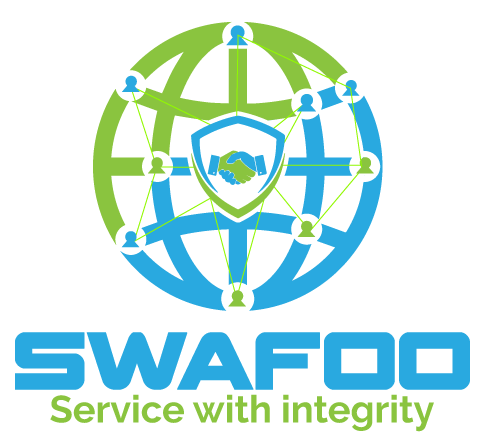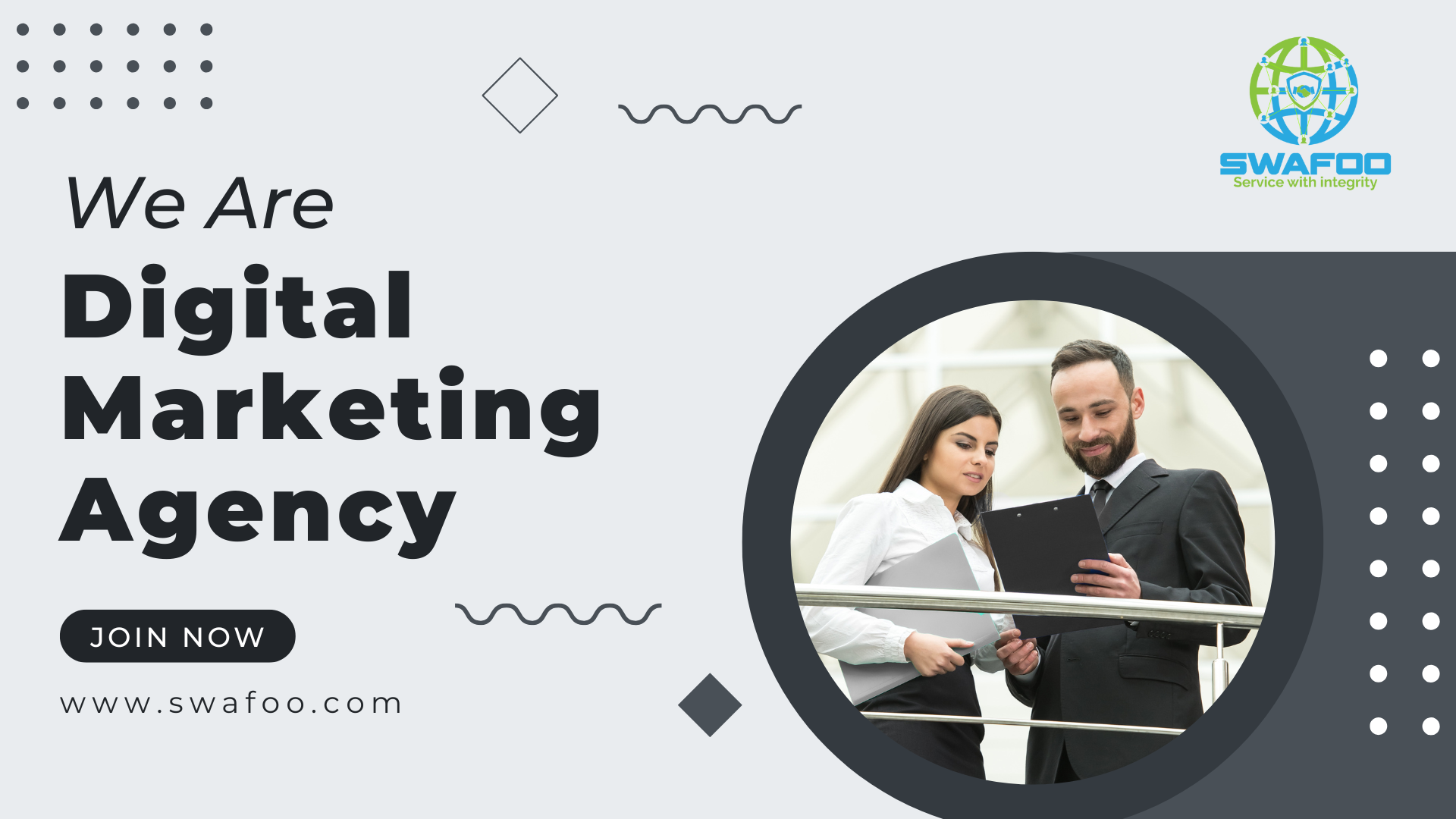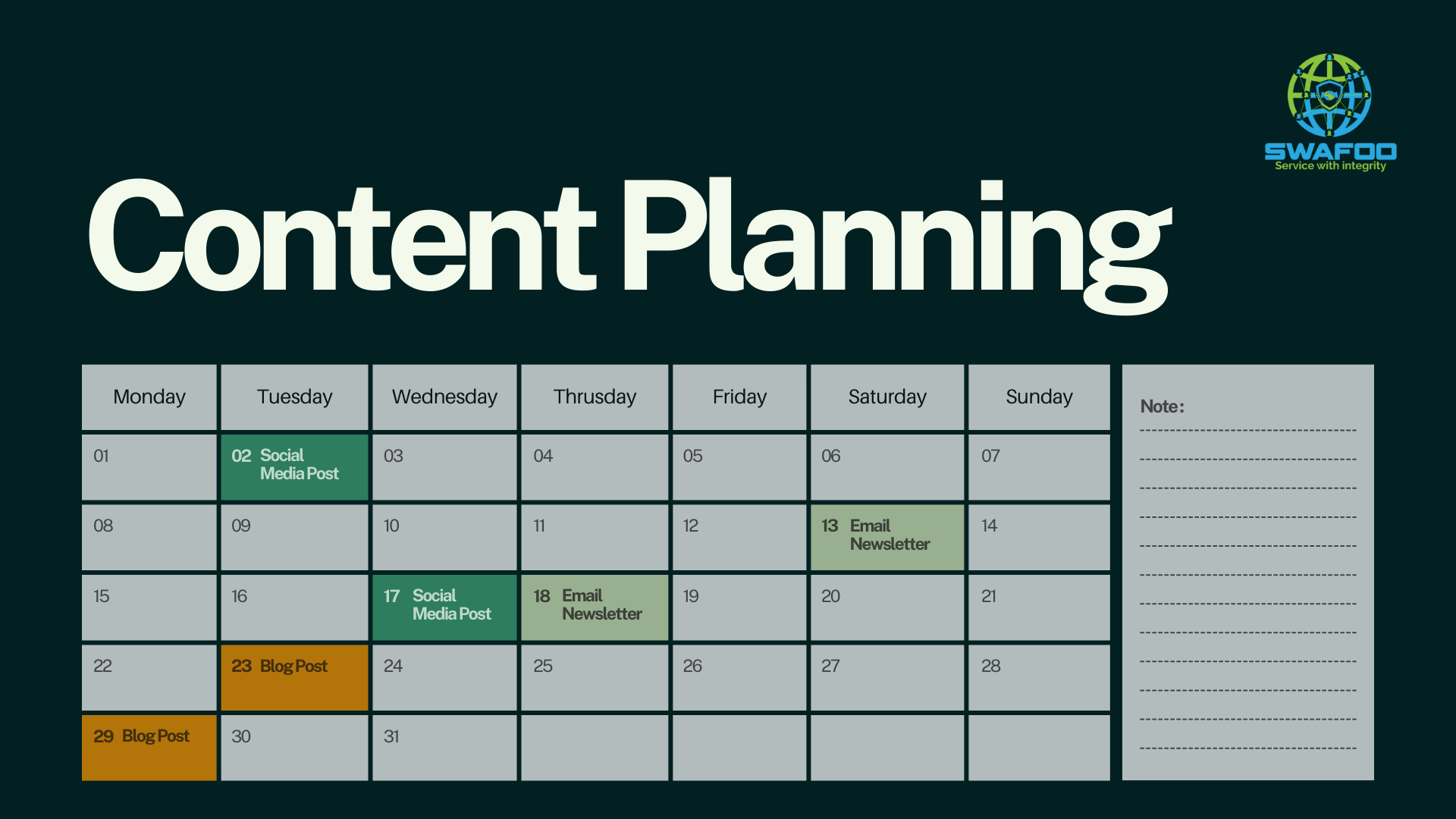Digital Marketing Agency for Your Business | Experience Matters
Digital Marketing Agency for Your Business | Experience Matters

In the fast-paced world of online marketing, selecting a digital marketing agency can make or break your business’s online success. Whether you’re looking to start your marketing journey or start a digital marketing agency, experience plays a crucial role in driving measurable results.
A seasoned digital marketing agency knows how to navigate complex algorithms, analyze data effectively, and implement strategies that generate leads and increase revenue. But how do you know which agency is right for you? Let’s break it down.
How to Start a Digital Marketing Agency from Scratch
Many entrepreneurs dream of building their own digital marketing agency, but getting started requires careful planning and execution. If you want to start a digital marketing agency, you need to focus on the following key areas:
- Market Research – Understand your competitors and target audience.
- Service Offerings – Define the services your agency will provide, such as SEO, PPC, or social media marketing.
- Highlevel Strategies – Develop a clear strategy for lead generation and client acquisition.
- Software and Tools – Invest in the right software, CRM, and automation tools to streamline operations.
- Experience and Expertise – Build a team with diverse skill sets to handle different aspects of marketing.
Taking the time to establish a strong foundation will make your agency more credible and sustainable.
The Role of YouTube in Digital Marketing Success
With over 2 billion active users, YouTube is one of the most powerful marketing platforms available today. Businesses that leverage video content can increase brand awareness, engage audiences, and drive sales. But how does YouTube fit into a digital marketing strategy?
Why You Should Use YouTube for Marketing
- High Engagement: Videos capture attention better than static content.
- SEO Benefits: YouTube videos rank on Google, increasing visibility.
- Lead Generation: Videos can direct traffic to landing pages and receive
- Brand Authority: Publishing educational content positions you as an industry leader.
To succeed, businesses must upload original content, optimize their video descriptions, and engage with viewers through the comment section.
How Video Marketing Transforms Customer Engagement
A digital marketing agency that prioritizes video marketing can significantly improve a brand’s reach. Video content provides a compelling way to tell stories, demonstrate products, and connect with potential customers.
Benefits of Video Marketing
- Higher Conversion Rates – Adding video to a landing page can increase conversions by up to 80%.
- Better Retention – People retain 95% of a message when they watch a video, compared to only 10% when reading text.
- Increased Social Shares – Video content gets shared more frequently than other types of media.
A well-structured video strategy, supported by an experienced digital marketing agency, can yield outstanding results.
How to Make Your Digital Marketing Strategy More Effective
To run successful campaigns, you must integrate different components of digital marketing effectively. A high-level strategy involves:
- Using highlevel automation tools to optimize performance
- Leveraging affiliate partnerships for expanded reach
- Tracking analytics through CRM software
- Engaging audiences via multi-channel approaches
Experience in handling these tools is what sets a great digital marketing agency apart from the competition.
The Importance of a Transcript in Video Marketing
When publishing video content, adding a transcript enhances accessibility and improves search engine rankings. A well-written transcript can:
- Increase SEO Visibility – Search engines crawl text, making transcripts
- Improve Accessibility – Helps viewers who prefer reading over watching.
- Boost Engagement – Viewers can skim the transcript to find relevant information quickly.
Businesses that include transcripts in their video marketing efforts can maximize the impact of their content.
How a Digital Marketing Agency Uses CRM for Better Results
A CRM (Customer Relationship Management) system is essential for managing leads, automating follow-ups, and maintaining customer relationships. Top digital marketing agencies utilize CRM tools to:
- Track leads and customer interactions
- Automate email marketing campaigns
- Provide detailed analytics on marketing performance
- Enhance personalization efforts
By integrating a CRM into your strategy, you can make data-driven decisions that boost ROI.
Why Highlevel Automation Matters in Digital Marketing
Using highlevel automation tools can streamline campaign management and improve efficiency. Automation tools help businesses:
- Automate social media posting and engagement
- Manage email marketing campaigns
- Optimize ad performance based on real-time data
- Personalize user experiences
If you want to stay ahead in the digital space, leveraging highlevel automation is a must.
How to Choosing the Right Digital Marketing Agency
Choosing a digital marketing agency isn’t just about services it’s about experience, strategy, and results. Here’s what to remember:
- Start with clear business goals.
- A top digital marketing agency knows how to leverage video, YouTube, and highlevel
- Using CRM and data analytics ensures better customer engagement.
- Including transcripts in video content improves SEO and accessibility.
If you’re looking to boost your brand’s online presence, partner with an experienced digital marketing agency today.
Share This Post
Subscribe To Our Newsletter
Get updates and learn from the best
More To Explore
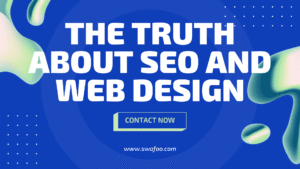
The Truth About SEO and Web Design: How Smart Design Can Improve Your Ranking
SEO and Web Design Every business wants to appear at the top of search engines. But few realize how closely web design and SEO work
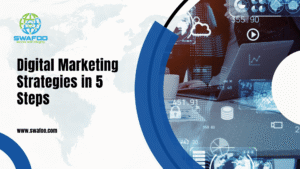
Digital Marketing Strategies in 5 Steps: How to Create One That Delivers Results
Marketing Strategies Creating digital marketing strategies that actually work isn’t about chasing trends or using every platform at once. It’s about focus, knowing what your
